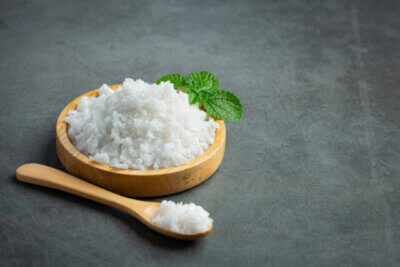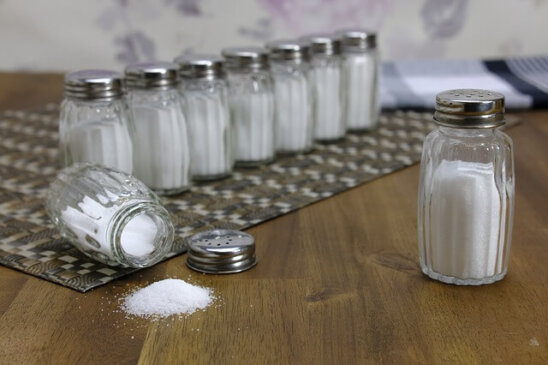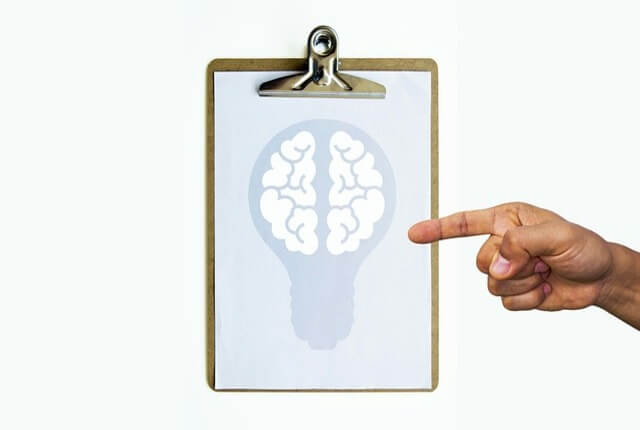Salt is one of the core ingredients that you cannot skip from your food. However, taking too much salt can have severe effects on your health. For example, it may lead to cardiovascular problems, stomach ulcers, stomach inflammation, high blood pressure, or hypertension. Studies say that the average daily salt intake should be 6 grams or less. Salt is a significant cooking component as it is used to make the food more delicious. In addition, it is also an essential mineral for active nerve function and optimal muscle.
Ever noticed that your hand fingers plump up infrequently? This is because eating sodium-rich vegetables delivers extra sodium to your bloodstream. Your body wants to hold the stability of salt intake and fluid in your bloodstream; however, when there’s excessive sodium in your blood, the resulting fluid irregularity pulls liquid out of your cells and into your bloodstream. This can produce swelling and water retention, which is common apparent in your fingers, thumbs, and other extremities.
Here are 7 warning signs that you are consuming too much salt!!!

1. Water Retention
You may be noticed after consuming salty food; you feel bloated and puffy. It usually occurs when you feel your body is trying to maintain a sodium-to-water ratio. Whenever we provide too much salt to the body, kidneys carry the extra water, which leads to water retention. This may lead to swelling in both the hands and feet and make you feel uneasy to move.
2. High Blood Pressure
Excessive salt food increases the blood flow in the blood vessels and arteries. This may lead to increase blood pressure at the spike. Older people experience a more high blood pressure problem after eating salty foods.
3. Make You Thirsty
You may sometimes feel about drinking more water after having salty meals. This is also one of the ways where the body seeks to balance the sodium-to-water ratio. However, drinking too much water may give you a frequent loo. So try to keep in mind while traveling or to go outside.
4. Cardiovascular Problem
If you frequently add too much salt to your diet, it can be poisonous to your heart. The increase in the blood volume may raise the pressure on the blood vessels, which involves your heart will have to manage it. This can commence to high blood pressure, heart attack, and heart stroke.
5. Experiencing Stomach Ulcers
Using too much salt may lead to stomach inflammation, which could increase the risk of stomach cancer. Studies show that salt intake can lead to stomach ulcers but the risk of stomach cancer. If you are experiencing any symptoms, consult your doctor and maintain your sodium intake at a healthy level.
6. You Get Frequent Headaches
According to Johns Hopkins (in collaboration with Oxford University and the University of Sydney), reducing salt intake and upping your intake in fruits, green vegetables, low-fat dairy, and meals may help to reduce the individual’s headaches. Try to take at least 5 water-based fruits and vegetables a day to keep your headache away.
7. Dry Lips
Sodium produces skin dehydration. Individuals get dehydrated because their bodies don’t get enough water. This leads the chapped lips because of lack of moisture, so it’s necessary to drink water and avoid salty foods to avoid dry and cracked feelings.





